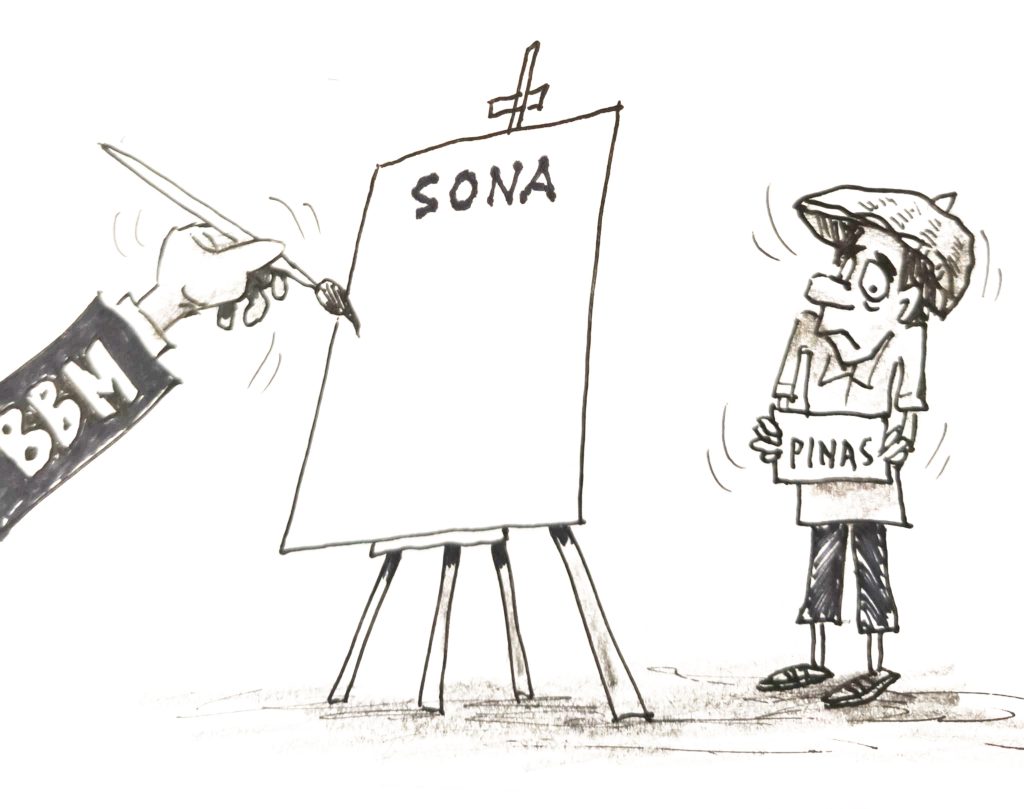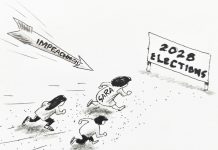Today, President Ferdinand Marcos Jr. will deliver his State of the Nation Address (SONA) for 2025. Given the current state of the country, the nation deserves not another round of promises, but a clear, honest, and concrete account of progress, or the lack thereof. This moment must not be reduced to political theatrics or propaganda.
The nation is still waiting for results on long-standing issues that have been repeatedly raised in past SONAs—economic recovery, agricultural reform, energy security, education, and other elusive issues. While the President has made frequent foreign trips and signed several investment deals, these initiatives have yet to make a real, measurable impact on the lives of ordinary Filipinos. Joblessness, high prices, substandard public services, and crumbling infrastructure continue to plague the country. If this SONA is to have any meaning, it must explain where the billions in public funds have gone and how these have translated—or failed to translate—into tangible improvements.
More than a speech, the SONA is a constitutional obligation that demands accountability. The President cannot continue to speak in generalities or hide behind technical jargon. What the public expects is clarity. The people must be told the truth, whether it is favorable or not. Vague declarations of success without empirical support only deepen public skepticism. Lofty rhetoric is no longer enough—it must be accompanied by hard data, measurable progress, and straightforward admissions of where the administration has fallen short.
The country is also watching how the President addresses issues of governance, corruption in agencies, political dynasties, and the erosion of checks and balances in a system increasingly dominated by loyalists. Will the SONA tackle these pressing concerns, or will it sidestep them altogether? Will there be mention of human rights violations, disinformation campaigns, or the deepening dependence on foreign powers? These questions cannot be ignored. Silence on such matters is not neutrality—it is complicity.
This year’s SONA must prove that the President recognizes not only the accomplishments worth celebrating but also the failures that must be corrected. It is time to stop blaming the past or shifting focus away from internal problems. What is needed now is a disciplined, transparent, and strategic presentation of the country’s current condition and how the administration plans to address the worsening gaps. If the President cannot deliver that today, the SONA will only confirm what many already fear—that leadership is being reduced to spectacle, not service.




